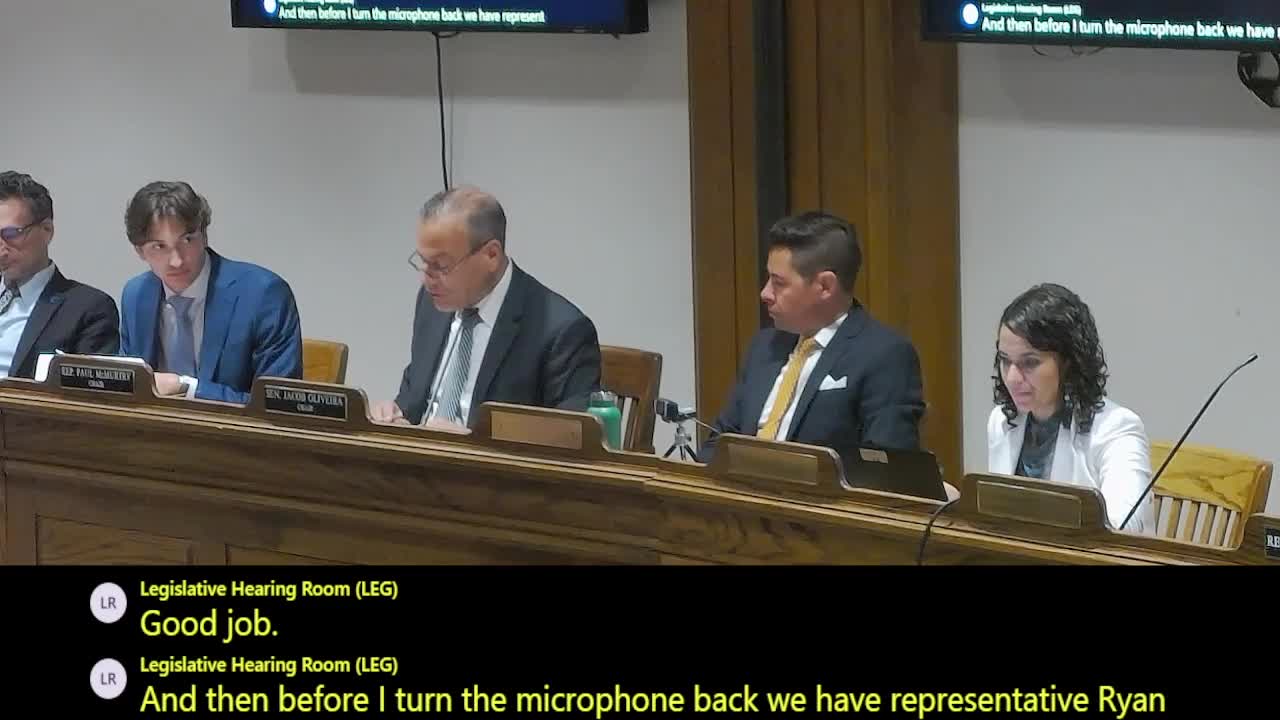Employment lawyers urge Massachusetts to update overtime salary thresholds and codify exemptions
Get AI-powered insights, summaries, and transcripts
Subscribe
Summary
Employment lawyers told lawmakers that Massachusetts should remove antiquated exemptions, update salary thresholds for executive/administrative/professional exemptions, and codify federal regulatory definitions into state law to protect middle‑class workers.
BOSTON — Attorneys with the Massachusetts Employment Lawyers Association asked the Joint Committee on Labor and Workforce Development to advance legislation that would modernize the Commonwealth’s overtime rules, remove outdated exemptions and set a higher, inflation‑indexed salary test for exemptions.
Andrea Kramer and colleagues outlined House Bill 2166 and Senate Bill 1324, saying some Massachusetts exemptions (for hotel, motel and certain restaurant workers and others) leave employees unable to pursue Wage Act remedies in state court even when federal law would protect them.
“Right now, hotel workers and restaurant workers, actually are not entitled to overtime under Massachusetts law,” Kramer said in testimony. The proposed bill would eliminate antiquated exemptions, update the administrative/executive/professional salary threshold that currently defaults to $80 per week in state law if federal regulations are invalidated, and codify definitions that now exist only in the federal Fair Labor Standards Act so state protections persist even if federal rules change.
Witnesses said the proposal sets a higher initial salary threshold tied to wage growth and inflation and would preserve Massachusetts workers’ access to state Wage Act remedies — including treble damages in some cases — if federal rules weaken.
Business groups and some employers contend that changes could shift salary employees to hourly status and alter workplace arrangements. Committee members asked for technical follow‑up as the committee considered legislative language.
